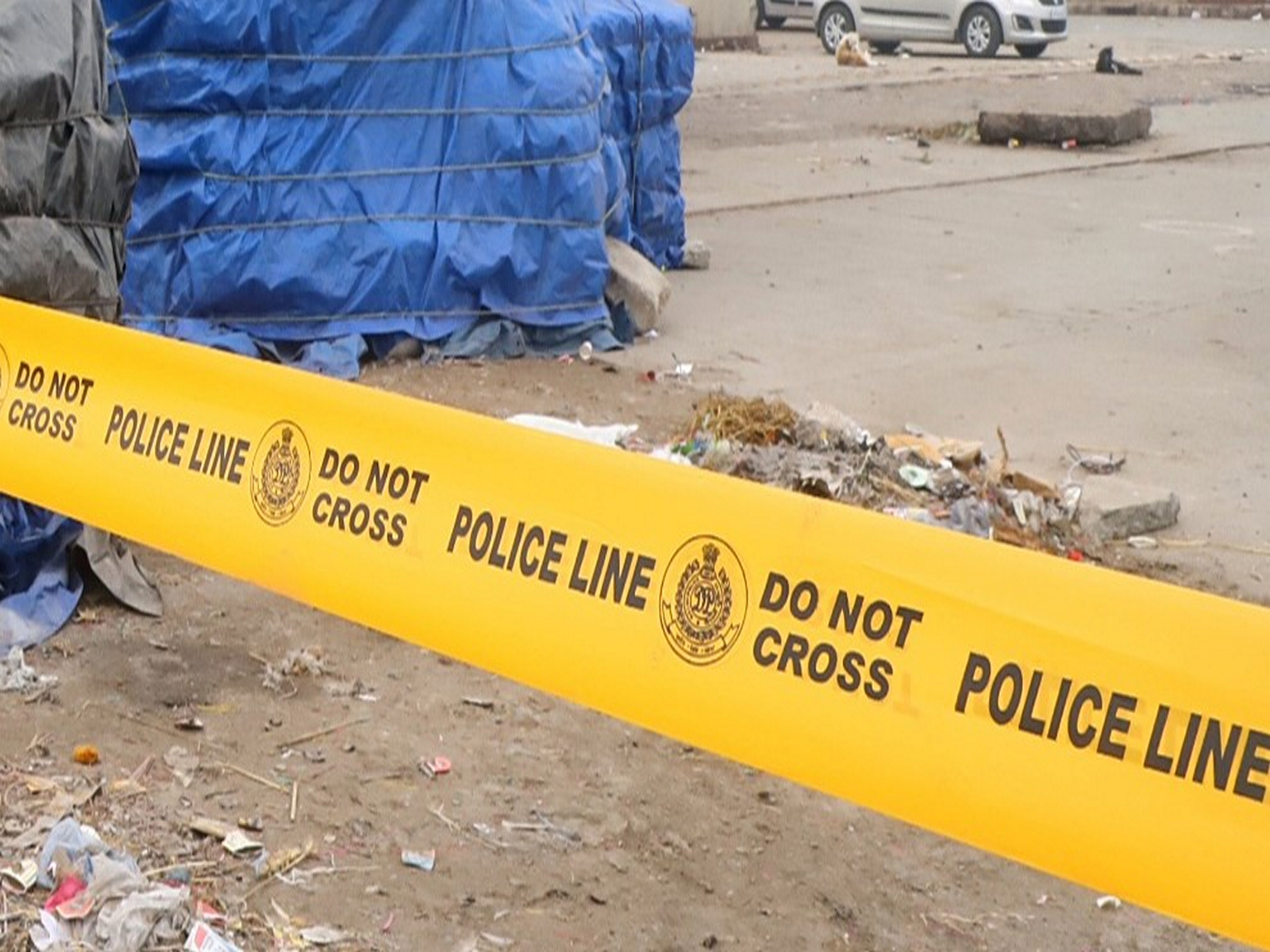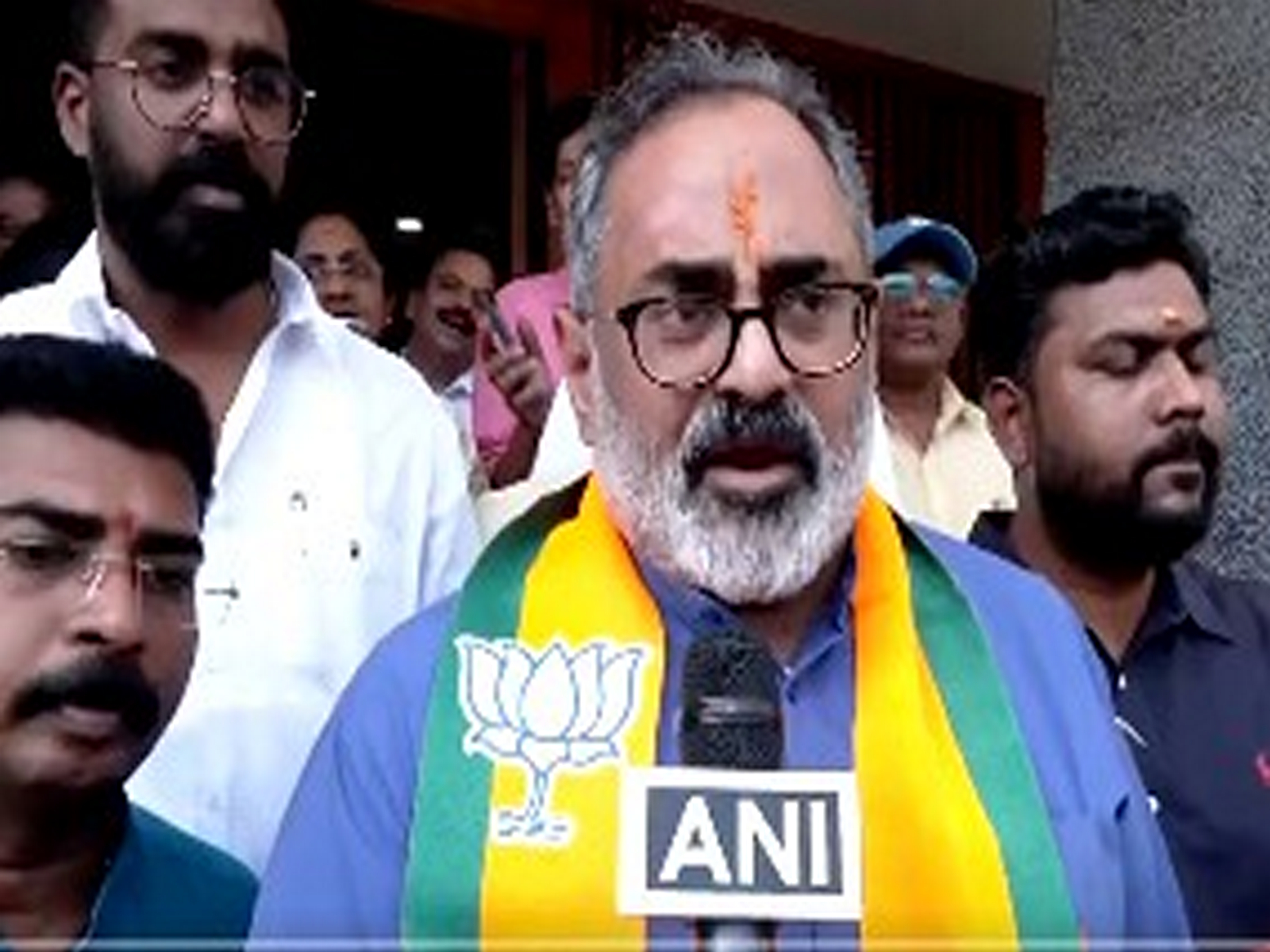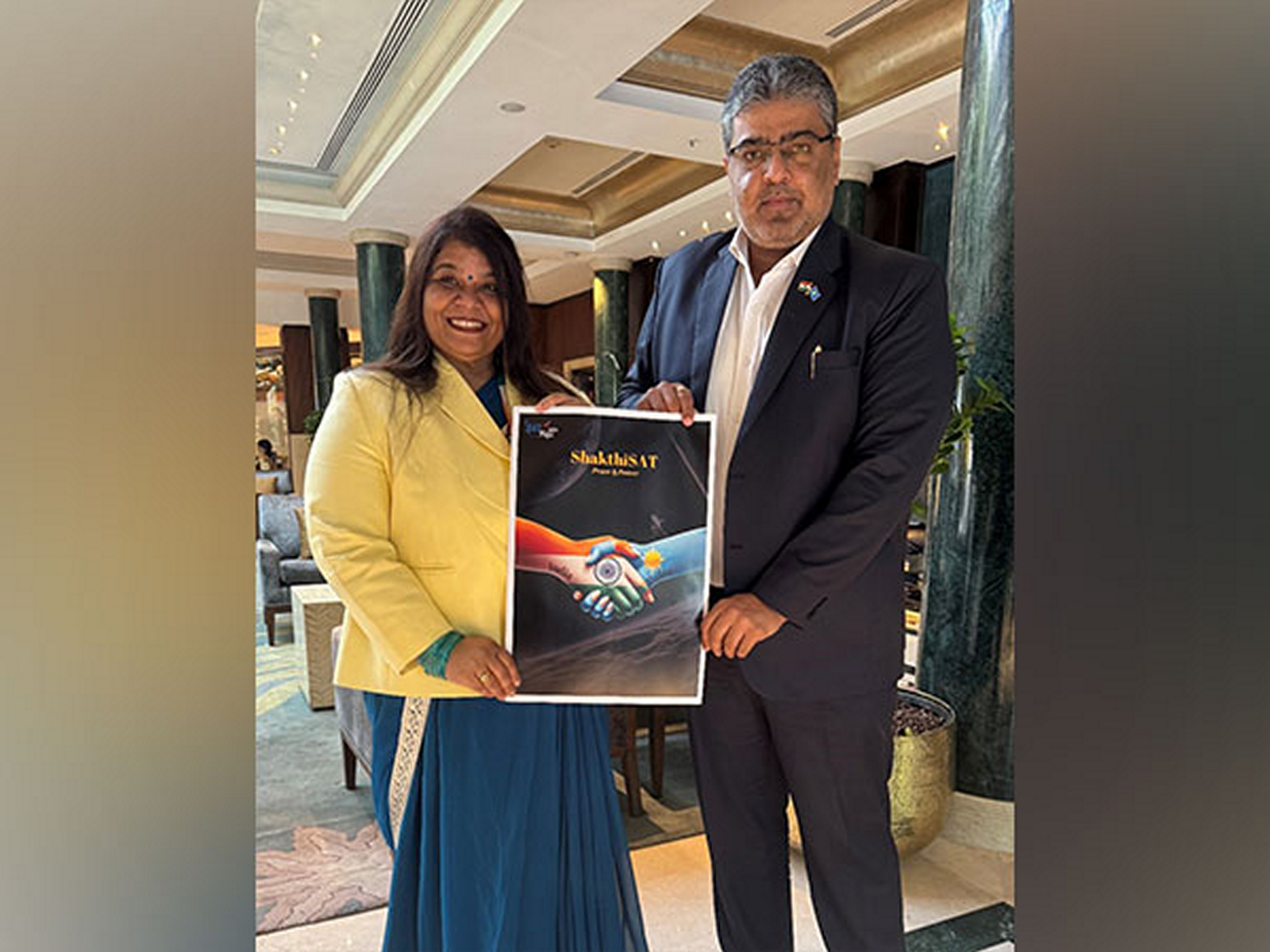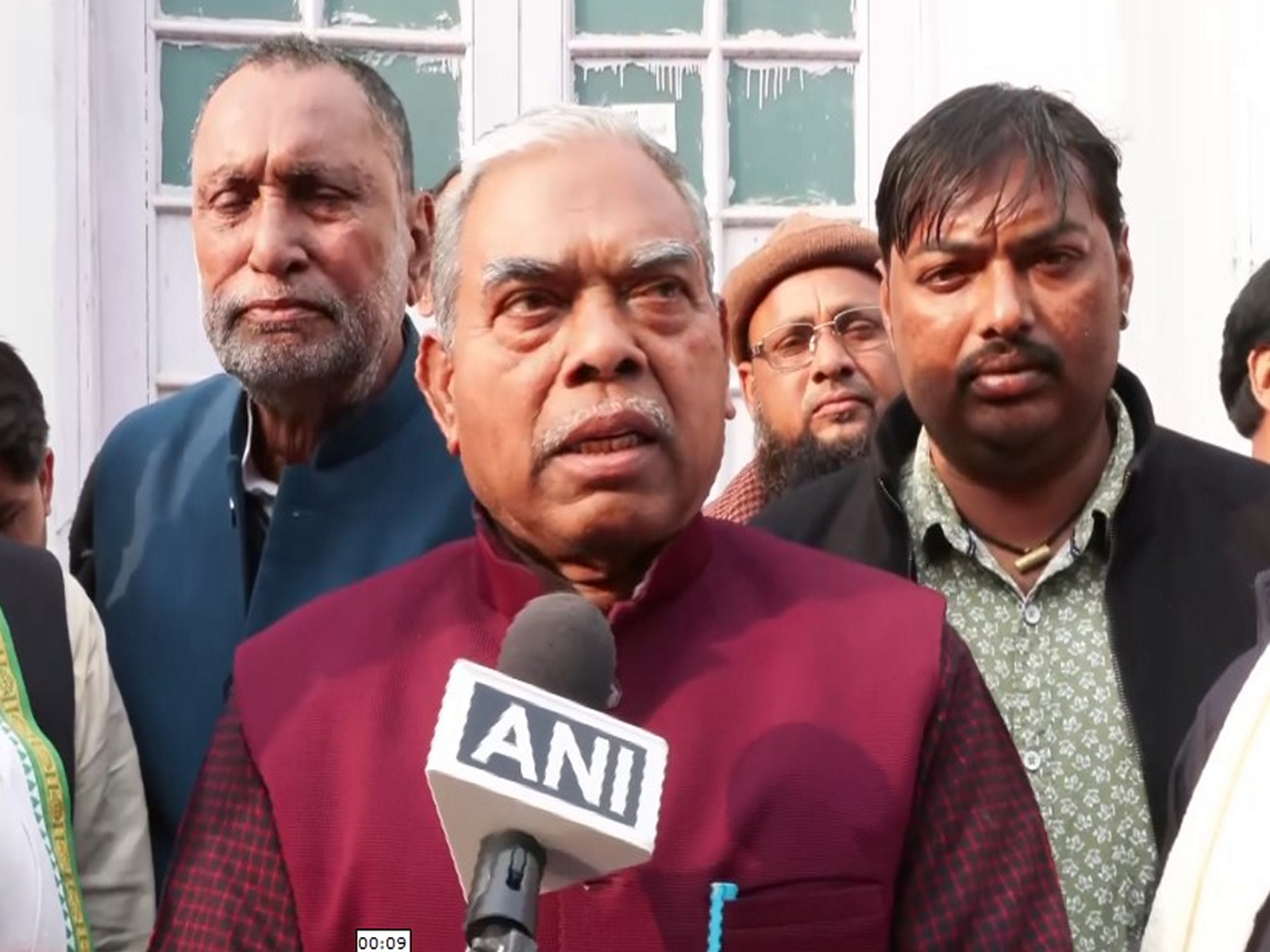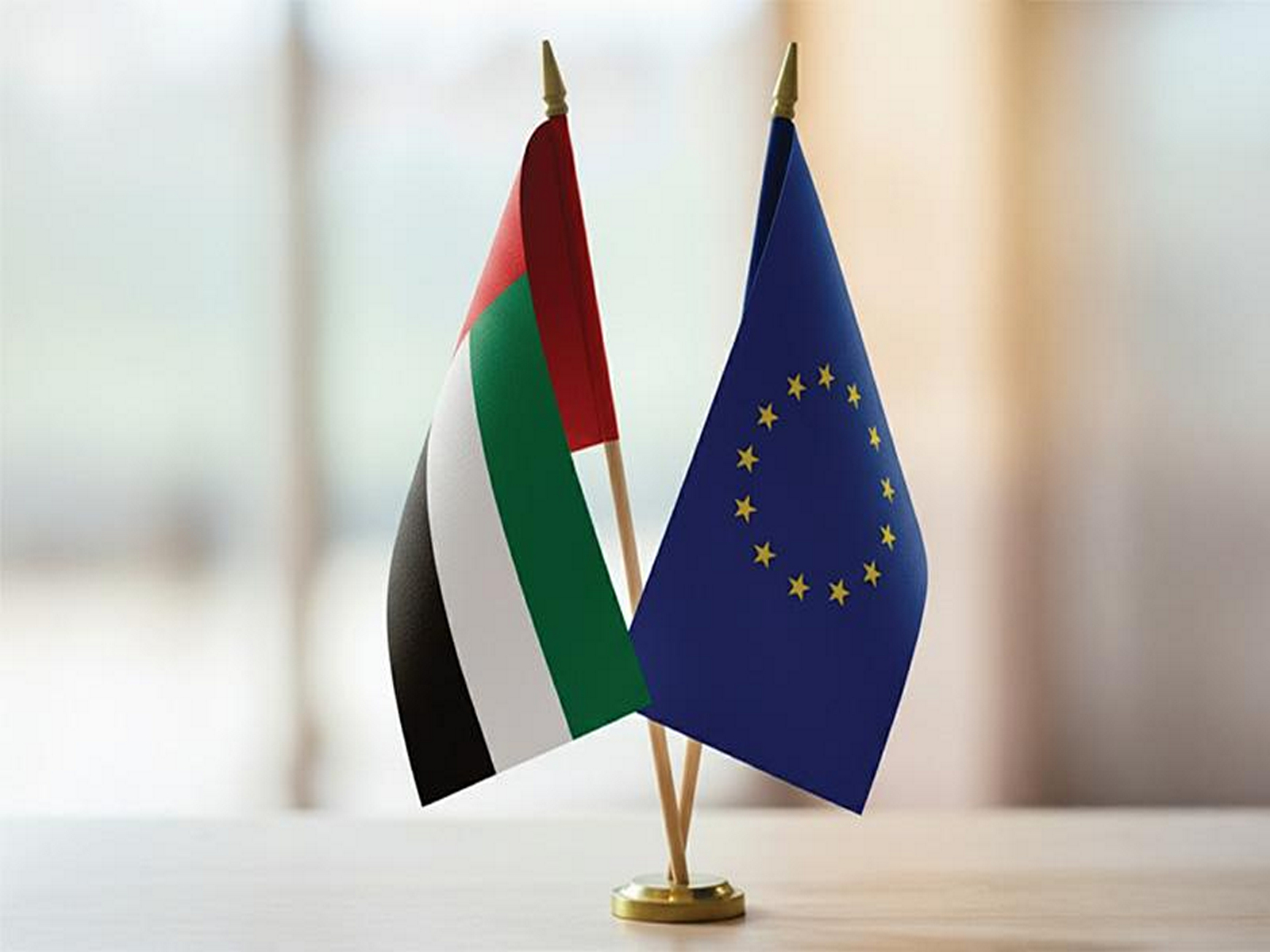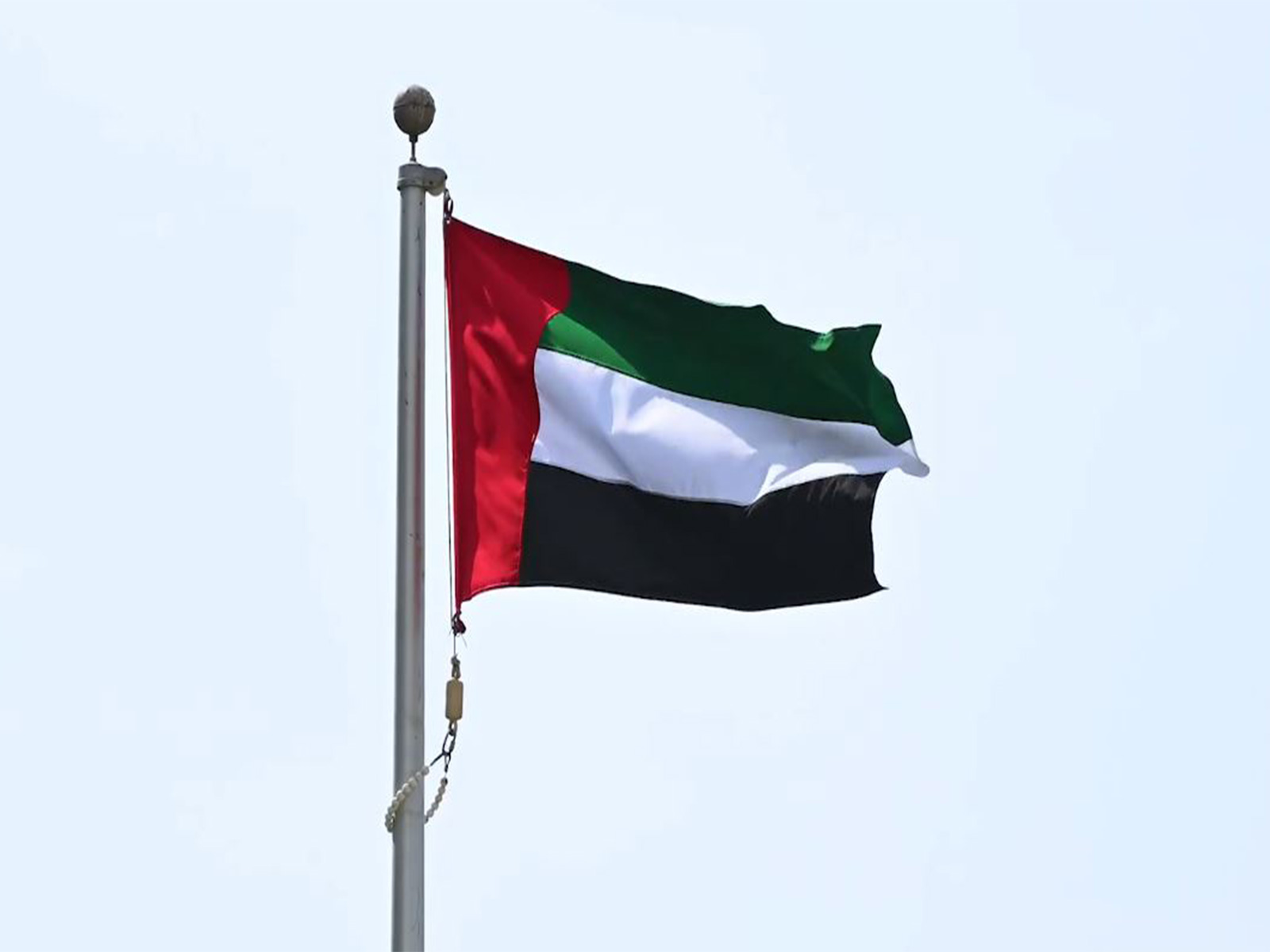Northeast Delhi violence: Prominent involvement of Jamia coordination committee in mobilization, says Public Prosecutor
Jan 31, 2022

New Delhi [India], January 31 : Opposing the bail plea of Umar Khalid, an accused in Northeast Delhi Violence, Special Public Prosecutor on Monday said that Jamia Coordination Committee (JCC) had prominent involvement in the case.
Special Public Prosecutor Amit Prasad argued before Additional Session Judge Amitabh Rawat that the Jamia Coordination Committee (JCC) related Whatsapp group and members connected to it played a vital role in spreading the violence-related messages.
Opposing the bail plea of Umar Khalid, Prasad argued that each and every protest site was managed and supervised by the JCC. Every message related to protest and chakka jaam at Jafrabad and other places were circulated and deliberated in multiple groups related to JCC, he stated.
Referring to Whatsapp chats, Public Prosecutor submitted that their agenda was to put women and children at the forefront in order to avoid police action.
He argued that Meeran Haider, a JCC member, visited many protest sites and he used to post the photographs on Facebook. On the other hand, the photographs of the meetings in which Sharjeel Imam and Umar Khalid participated, their photographs were not posted on social media.
Umar Khalid told the Court that he sent only five messages in the group.
Prasad said that the pattern and incidents were the same and identical in December 2019 and 2020. He said people like Sharjeel Imam, Nadeem, Arsalan, Safoora, Shezar khan and others were well informed and connected.
Prasad argued that the people who were summoned by the police in connection with the 2019 violence were removed from the JCC WhatsApp group on January 24, 2020. "Asif Iqbal Tanha and Chandan Kumar were summoned by the police. On the same day, three WhatsApp groups connected with JCC were created. And these three groups played very crucial roles in circulating information, coordination and mobilisation," he added.
Special Public Prosecutor argued that the information related to chakka jaam and violence at Jafrabad, issue of Kapil Mishra and roadblock at Jafrabad metro station were circulated and discussed at the same time in all the groups. The requirement of mobilisation and support were also circulated there.
Prasad said this coordination and mobilisation were being done because the first phase was failed and they did not want the second phase of the protest to be failed. For this reason, people from different places were mobilising towards Jafrabad and other places.
The Court has fixed the matter for further hearing on Wednesday.
Around 53 people lost their lives in the violence that erupted in northeast Delhi after clashes between two opposing factions over the Citizenship Amendment Act (CAA).
